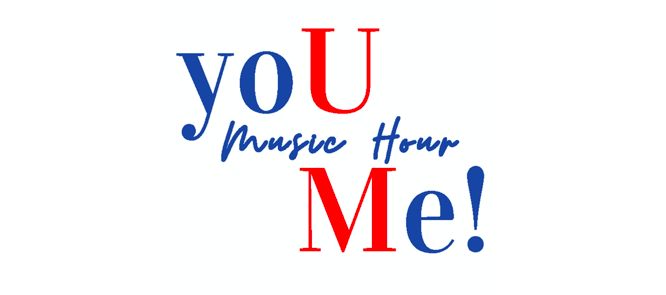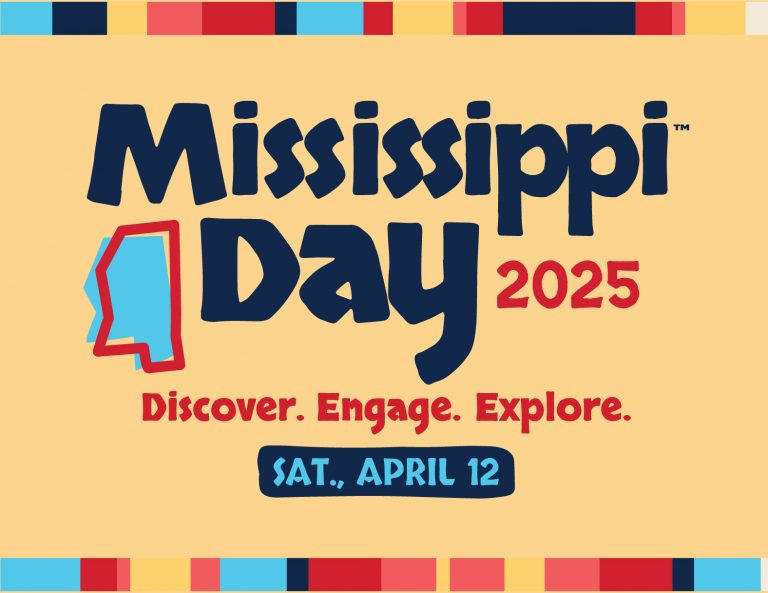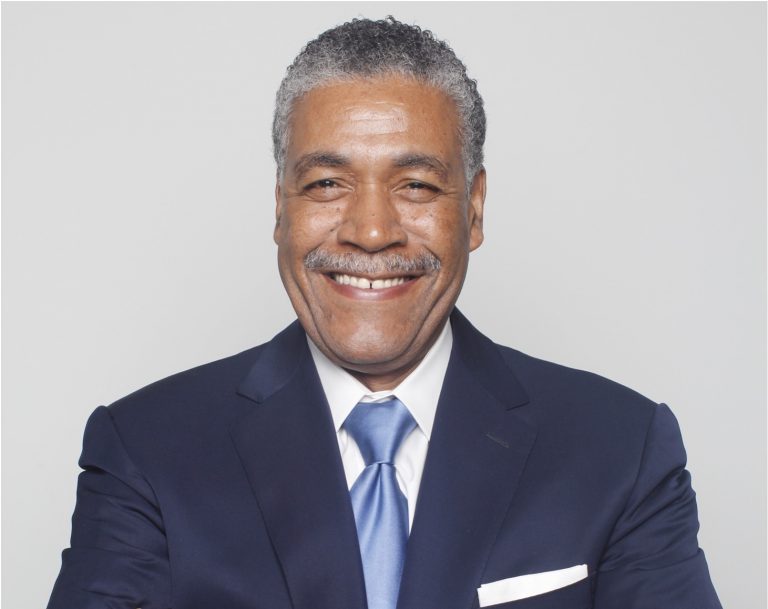
University of Mississippi Department of Music celebrates relationship with its audiences
During a time when performing arts organizations everywhere have hit the pause button on their seasons because of the coronavirus, the University of Mississippi Department of Music is looking for new ways to connect with audiences through music.
From this exploration, a podcast was born.
The “yoU Me Music Hour” is a new monthly podcast series that shares music from the department and celebrates ways we all connect with and through music. The first episode will be issued Oct. 21.

“The UM music department is accustomed to frequent performances, and we really do miss our audience,” said Nancy Maria Balach, the department’s interim chair. “The podcast will give us a chance to share what we’ve been doing in the department, offer music to our audience and hear from them in return.”
The audio-only format of the podcast is perfect to emphasize the listening aspect of engaging with music, Balach said.
“We’re excited to share a range of work being created by our faculty and students,” she said.
Michael Rowlett, associate professor of clarinet and instrumental area head, agreed.
“These podcasts are a great way for our students and faculty to continue to connect with the community,” Rowlett said. “It is so easy at this time to feel isolated, and these feelings can be even more intense for performing artists because we miss the audience experience.”
New episodes of the “yoU Me Music Hour” will drop on Nov. 18 and Dec. 16.
The podcasts will feature music by Ole Miss music faculty and students, with occasional special guests.
“The first podcast is a collaboration between the music department, Living Music Resource and the Sarah Isom Center, and will examine trouser roles – a fascinating tradition in opera – as a way to explore feminism and the empowering of women in music and beyond,” Balach said.
November’s episode will celebrate the relationship between performer and audience, and December’s will look at various ways children connect through music.
An important part of each podcast is a “thank you note” section, where podcast performers and the public can express appreciation for someone or something in the world of music, Balach said.
It could be a thank you from a soprano to the quarter note that gave her just enough time to draw that essential breath. Or it might be a word of thanks from a frequent traveler to Brian Eno for music that helped him destress in airports, or a thank you from a listener to bassist Esperanza Spalding for her compelling performance at the White House.
Everyone is invited to enter musical thank you notes, Balach said. To submit a thank you note, go to the music department’s website or click here.
“From the casual radio listener to the professional singer or instrumentalist, music is a part of life for literally everyone,” said Amanda Fliflet, a percussionist and multimedia specialist for the department who is supporting technical aspects of the podcast. “It will be fun to hear from people about how they connect with music, and what they especially appreciate.”
Even the signature music theme for the podcast is a product of the music department. The podcast uses an excerpt from Price Walden’s “Hydrogen Jukebox,” which he wrote specifically for the UM Wind Ensemble. Walden, an alumnus of the department, is a composer and pianist who regularly performs on campus.
Walden says the piece is well-suited to be the theme music for the podcast.
“I wrote the piece to be either a concert opener or a closer,” he said. “It’s very energetic and is designed to be exciting and get you in a good mood.”
What gets Ole Miss music faculty and students in a good mood is the possibility of connecting with their audiences once again.
“I am excited that our students can still feel like they have a way to share what they are learning with others,” Rowlett said. “And the podcast format is especially great, as it has the option to reach beyond those who can attend in person in our auditorium.”
The podcast will be available on Spotify and other platforms, and on the music department’s webpage, where a link to the “Thank You Note” project also can be found.
By Lynn Adams Wilkins



